Many people believe that the success of Indonesian football from the 2026 World Cup qualifiers to the 2024 AFC U23 Championship is due to the force of naturalized players. The phenomenon is true but not all.
Why did Singapore, later the Philippines and by extension China, also naturalize a lot but still not succeed?
Indonesia's naturalization strategy is carried out in sync with the rejuvenation of the force. The highlight is that in addition to the quality naturalized players who are around or over 30 years old at the beginning, later on, Indonesian football only naturalized players born between 2002 and 2005, the same generation as the young football talents that this country invested in.
Thai Son (19) and the U23 Vietnam players tried their best but could not create a surprise against Iraq in the early morning of April 27 due to old mistakes. (Photo: VFF)
In 2020, the Indonesian Football Federation handed over the management of the youth and national teams to coach Shin Tae-yong, 50 years old, who led the Korean team to defeat the German team at the 2018 World Cup. Despite the initial results not being as expected, the leadership of the Indonesian Football Federation still put their trust and patience in coach Shin Tae-yong. As we know, with the most recent success at the 2024 AFC U23 Cup, Mr. Shin's contract was extended until 2027.
As for U23 Thailand, they were eliminated and even finished at the bottom of the table. But U23 Thailand participated in the tournament with almost the second team because the best players were not "released" by clubs from home and abroad to the national team.
Thai-League 1 and 2, the two top national championships in Thailand, continue and do not stop because of youth tournaments. Even the AFF Cup, considered as the Southeast Asian championship, they do not focus all their efforts because the clubs also have the right not to provide players for the national team, because the AFF Cup is not in the FIFA competition system.
This fact shows that Thai football wants to focus on developing and enhancing the brand, reputation and value of Thai-League. A strong national championship will have a strong national team. Youth football tournaments are important, but Thai football sees this as an arena for young players to practice and discover new factors.
The result as we have seen, 5 times participating in the final round of U23 Asian Cup but the Thai team only passed the group stage once.
This achievement is much lower than Vietnam: 1 runner-up and 2 times passing the group stage. However, in terms of achievements at the national team level, Thailand is still the "big brother" of Southeast Asia.
Looking back from Indonesia's current success and Thailand's solid foundation, how is Vietnamese football today?
V-League is still stopped, giving way to youth tournaments; the professional football competition system is still "strange" with the number of First Division teams being less than V-League. As a result, according to the rankings of Teamform.com, a website that evaluates and ranks national championships as well as clubs around the world , V-League is ranked 34th in Asia, 17 places lower than Thai-League 1 and 3 places lower than Thai-League 2.
In the Vietnamese football environment, referees are not yet strict, and due to limited capacity, they have "created conditions" for Vietnamese players to get used to playing against the rules. As a result, when entering the international arena, Vietnamese players at all levels, from clubs to national teams, are often given red cards or penalties, especially when "scrutinized" by VAR technology. This was clearly shown in the match where Vietnam lost 0-1 to Iraq in the quarter-finals of the U23 Asian Cup in the early morning of April 27.
Source: https://nld.com.vn/bai-hoc-khong-chi-cho-u23-viet-nam-196240427202912741.htm


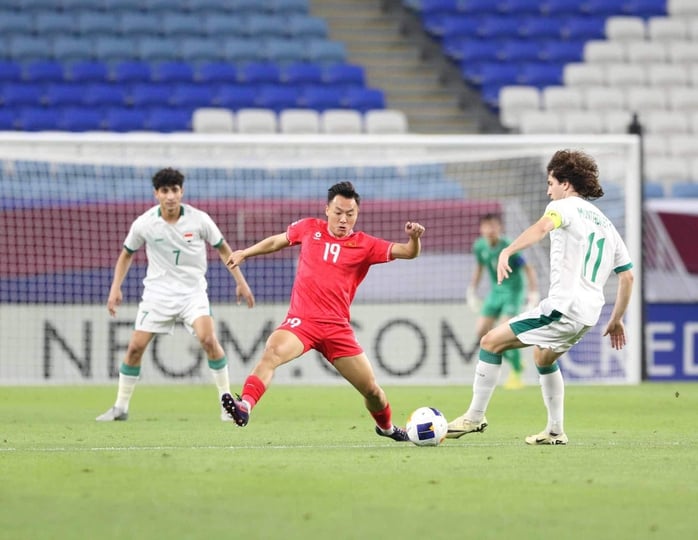
![[Photo] Da Nang: Water gradually recedes, local authorities take advantage of the cleanup](https://vphoto.vietnam.vn/thumb/1200x675/vietnam/resource/IMAGE/2025/10/31/1761897188943_ndo_tr_2-jpg.webp)





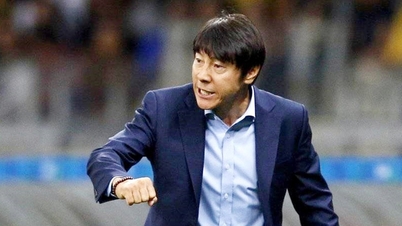



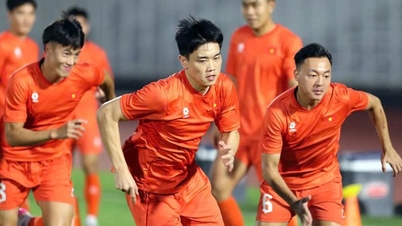
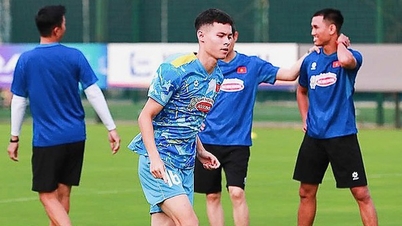
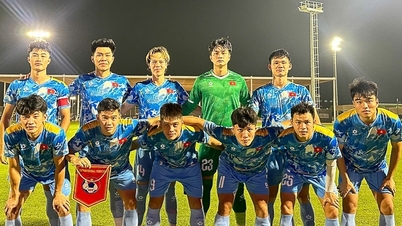

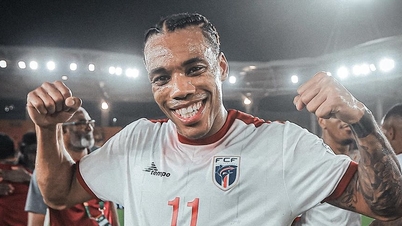
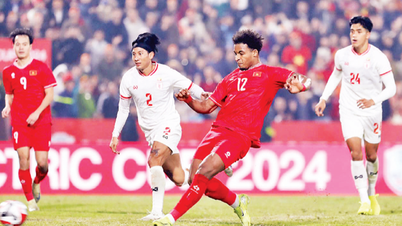


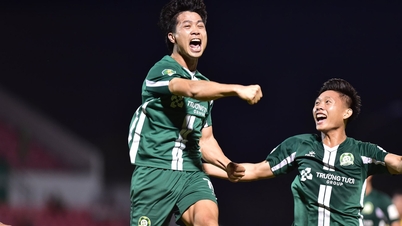


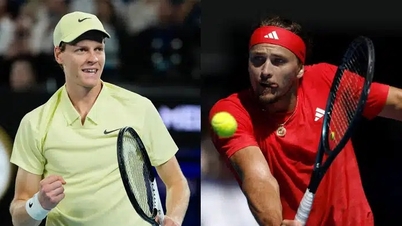





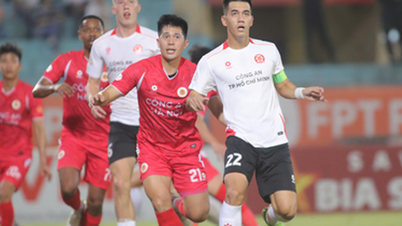
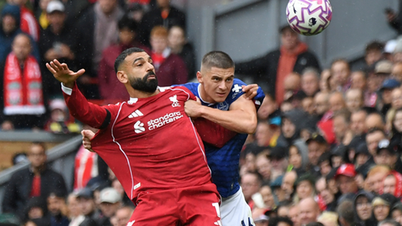
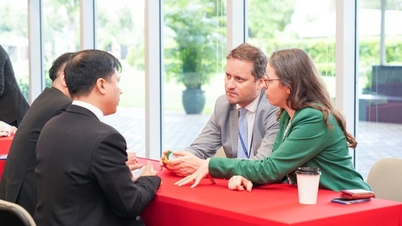
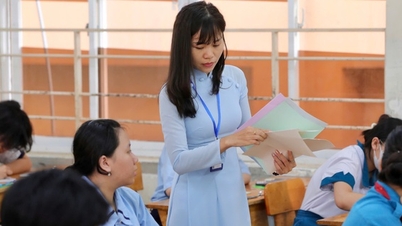
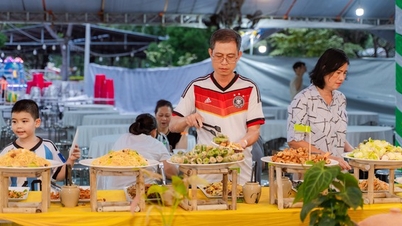



































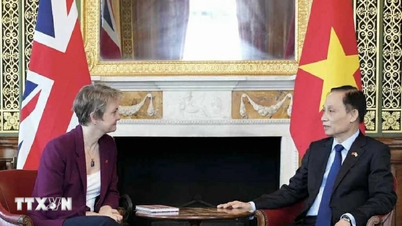
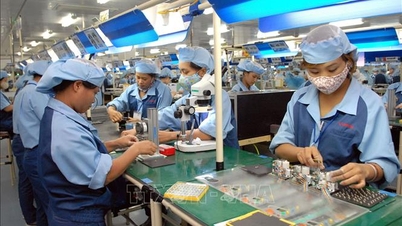

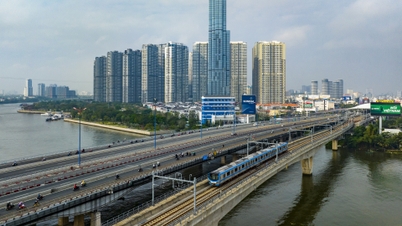

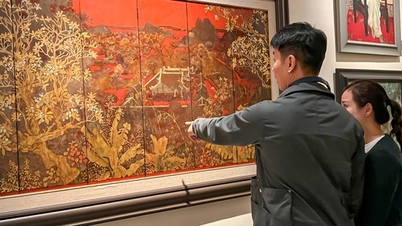










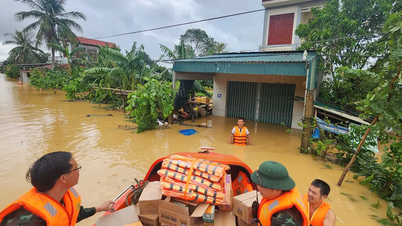




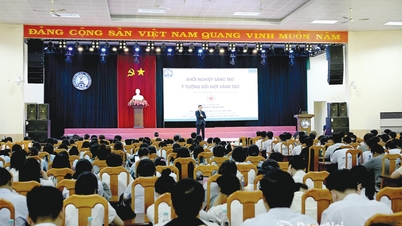
















Comment (0)